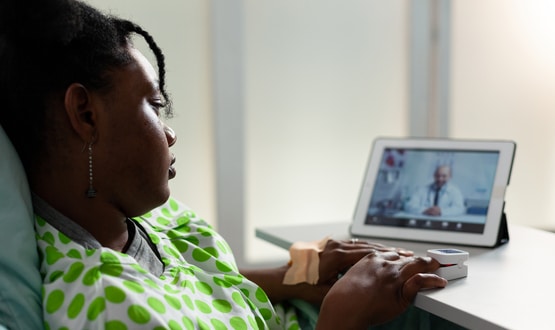SCR in outpatients and police rooms
- 11 February 2016

Access to NHS Summary Care Records is being extended to scheduled care settings and dedicated medical rooms in police stations.
There are 55 million SCRs available to view across emergency and urgent care settings in England. The Health and Social Care Information Centre now has approval from the SCR Programme Board for extending access to scheduled care settings.
This will cover community services and mental health trusts as well as outpatient clinics and pre-operative assessment within acute trusts.
The HSCIC is looking at how to effectively roll-out access to other providers. This includes deciding how patient consent to view the record will be obtained when they are not present in the care setting.
Richard Ashcroft, SCR programme head, said the care professionals viewing SCRs in unplanned care are often the same ones treating patients within scheduled care.
“It seemed particularly logical, now that SCRs have proved their value and worth and security, to allow staff to use them to improve patient care in scheduled settings,” he said.
Roll-out of access to community pharmacists began late last year, backed by £7.5 million of investment in training.
SCR programme manager Fintan Grant said approval to view the records has also been granted to doctors and nurses working in medical rooms in police custody suites. He said this is particularly valuable for verifying medications that a person held in custody may be on.
Health staff within the police stations must have smartcards and an N3 connection to view the records. Two proof of concept pilots have already proved successful and the HSCIC is looking to extend the roll-out.
There are also plans to extend SCR access to social care and care homes, but these are still at draft stage and not yet approved.
Last year, 2.5 million SCRs were accessed by healthcare professionals and next year this is expected to rise to 3.5 million.
The records hold a basic set of information on a patient’s allergies, adverse reactions and current medications. Around 95% of GPs now have the technology to enrich a patient’s SCR, with their consent, to include further information such as significant medical history and immunisations.
More than 90% of practices using one of the two main GP clinical systems – Emis and TPP – have created at least one enriched record.




